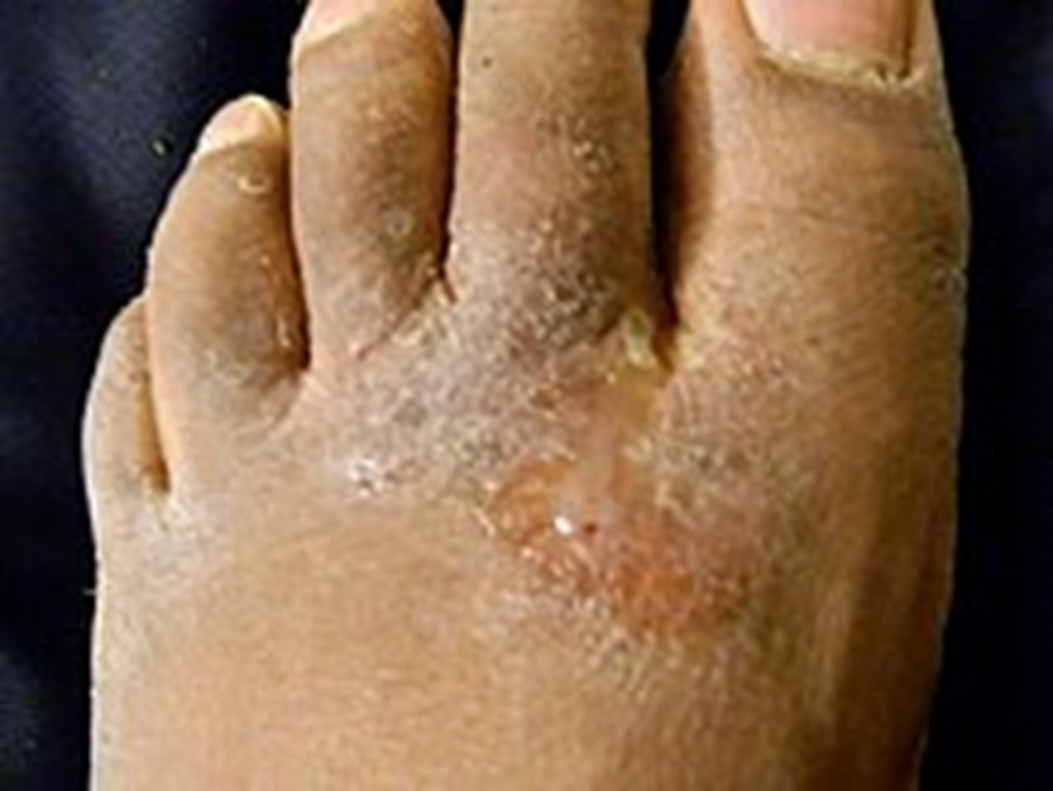A nurse is contributing to the plan of care of an unconscious adolescent who ingested a non-corrosive substance that has no recommended antidote. The nurse should recommend performing gastric lavage with which of the following substances?
Activated charcoal
Osmotic diarrheal agents
Syrup of ipecac
0.9% sodium chloride
The Correct Answer is A
Choice A rationale
Activated charcoal is often used in the management of poisoning. It works by binding to the poison in the stomach and preventing it from being absorbed into the body14.
Choice B rationale
Osmotic diarrheal agents are not typically used in gastric lavage. These agents work by increasing the amount of water in the intestinal tract, which can stimulate bowel movements14.
Choice C rationale
Syrup of ipecac was once used to induce vomiting in cases of poisoning, but it is no longer recommended for use in poisoning cases14.
Choice D rationale
0.9% sodium chloride, or normal saline, is a type of fluid that’s often used in medical treatments, but it’s not typically used in gastric lavage for poisoning14.
Nursing Test Bank
Naxlex Comprehensive Predictor Exams
Related Questions
Correct Answer is B
Explanation
Choice A rationale
Shingles, also known as herpes zoster, is a viral infection that causes a painful rash and is caused by the varicella-zoster virus, the same virus that causes chickenpox.
Choice B rationale
Tinea pedis is a foot infection due to a dermatophyte fungus. It is the most common dermatophyte infection and is particularly prevalent in hot, tropical, urban environments. Interdigital involvement is most commonly seen (this presentation is also known as athlete’s foot, although some people use the term for any kind of tinea pedis).
Choice C rationale
Fever blister, also known as cold sores, are caused by the herpes simplex virus. They are small, fluid-filled blisters that develop on the lips or around the mouth.
Choice D rationale
Pinworms are a type of parasite that lives in the lower intestine of humans. They are tiny, narrow worms. They are white and less than a half-inch long.

Correct Answer is A
Explanation
Choice A rationale
Activated charcoal is often used in cases of drug overdose or poisoning, including aspirin ingestion. It works by binding to the drug or toxin in the stomach, preventing it from being absorbed into the body. This makes activated charcoal an effective treatment for aspirin overdose in a toddler.
Choice B rationale
A chelating agent is a substance that can bind to heavy metals in the body, helping to remove them. While useful in cases of heavy metal poisoning, it would not be the first choice for an aspirin overdose.
Choice C rationale
Acetylcysteine is an antidote for acetaminophen (Tylenol) overdose, not aspirin. It works by replenishing glutathione, a substance that helps to detoxify the liver.
Choice D rationale
Digoxin immune FAB is used to treat digoxin toxicity. Digoxin is a medication used to treat heart conditions, and it is not related to aspirin.
Whether you are a student looking to ace your exams or a practicing nurse seeking to enhance your expertise , our nursing education contents will empower you with the confidence and competence to make a difference in the lives of patients and become a respected leader in the healthcare field.
Visit Naxlex, invest in your future and unlock endless possibilities with our unparalleled nursing education contents today
Report Wrong Answer on the Current Question
Do you disagree with the answer? If yes, what is your expected answer? Explain.
Kindly be descriptive with the issue you are facing.
